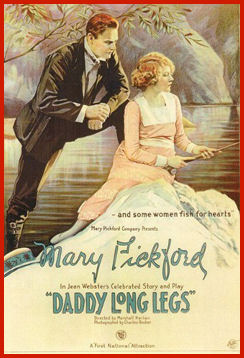
Written by Jean Webster - Jerusha Abbott was brought up in an old-fashioned orphanage. Jerusha hates her first name uses "Judy" instead. At the age of 18, Judy is informed that one of the trustees has offered to pay her way through college. He has spoken to her former teachers and thinks she has potential to become an excellent writer. He will pay her tuition and also give her a generous monthly allowance. Judy must write him a monthly letter, because he believes that letter-writing is important to the development of a writer. However, she will never know his identity; she must address the letters to Mr. John Smith, and he will never reply.
Jerusha catches a glimpse of the shadow of her benefactor from the back, and knows he is a tall long-legged man. Because of this, she jokingly calls him Daddy-Long-Legs. She illustrates her letters with childlike line drawings, also created by Jean Webster.
The book chronicles Jerusha's educational, personal, and social growth. Judy shows growing independence, including increasing disobedience to her benefactor and his wishes, and indeed succeeds in educating Daddy-Long-Legs that he cannot control her.
At the end of the book, of course, the identity of 'Daddy-Long-Legs' is revealed.
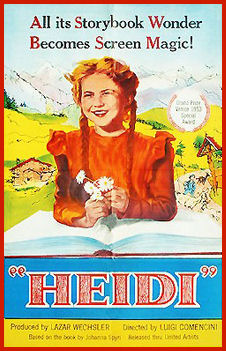
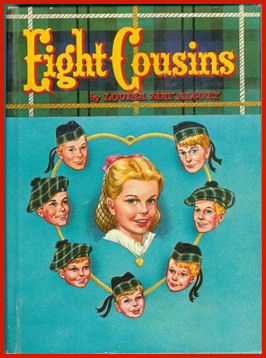
Written by: Louisa May Alcott. The Campbells in Eight Cousins are of Scottish descent (Andrew's family in Candy Candy). Someone else had even imagined a correlation chart of the characters in "Eight Cousins" and "Rose in Bloom".
Candy – Rose, Phebe
Albert - Uncle Alec
Stear – Mac
Archie – Archie, Steve
Annie – Phebe
Anthony, Terry – Charlie
Aunt Elroy - Aunt Plenty
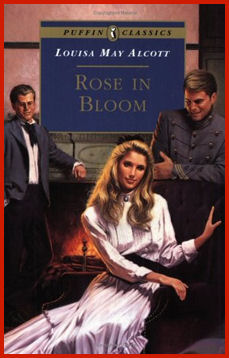
Written by: Louisa May Alcott. The heroine, Phebe, was accepted by the family and welcomed to marry Archie because she saved Uncle Alec. Also, "Candy longed for Albert's return" corresponds to the scene "Rose longed for Mac's return" in Alcott's "Rose in Bloom".
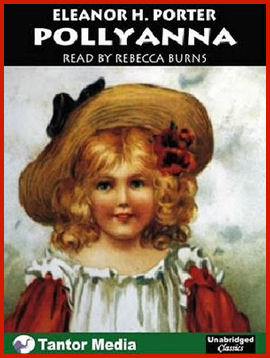
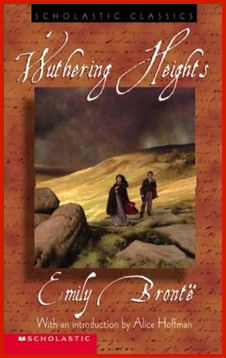
According to Mizuki's Candy Candy Final Story, George Johnson, Albert's trusted man and guardian, was brought into Andrew mansion from France by his father, William Charles Andrew. The same way with author Emily Bronte's Heathcliff, who was found in the streets and taken by Earnshaw patriarch who had a son and a daughter, Hindley and Catherine. Mr. William Charles Andrew also had a son and daughter, Albert and Rosemary. However, Mr. Earnshaw's son, Hindley, was the eldest while the other son, Albert Andrew was the younger brother of Rosemary. Hindley was never kind to Heathcliff until they grew up, except for Albert who treated George like his own big brother. We all know that in Wuthering Heights, Heathcliff and Catherine Earnshaw were devotedly in love with each other. Sadly, Rosemary hadn't shown any feelings for George and she married Mr. Vincent Brown, Anthony's father. Even after Rosemary's death, George's love for her remained. The only similarities here between Heathcliff and George that they were both taken into a new home and new life by rich men.
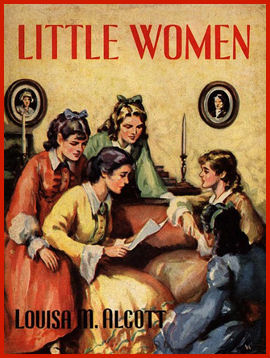
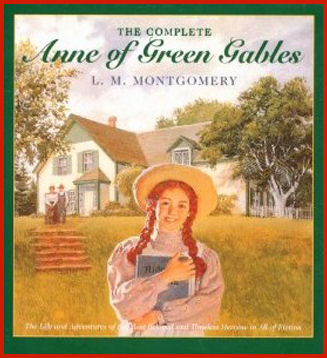
Written by L.M. Montgomery. The story itself has nothing to do with Candy Candy, but Mizuki liked to use "around the bend" in CCFS (Candy Candy Final Story) a few times. The famous words of Anne, the heroine, are: "... Now there is a bend in it. I don't know what lies around the bend, but I'm going to believe that the best does. It has a fascination of its own, that bend, Marilla. I wonder how the road beyond it goes..."
Anne lived in Avonlea, so someone also guessed this is why Mizuki used "Avon" in her CCFS.
Also, Anne's future husband, Gilbert, once said, "There's another, not a sister". This corresponds to Albert's words to Candy “It’s better for me if you don’t look like my sister” in CCFS.
In one of the books, one of Anne's sons died in WWI (like Stear in CC), and her other son was missing while being taken as a prisoner, but eventually came back.
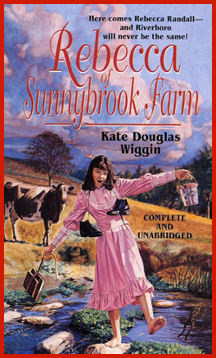
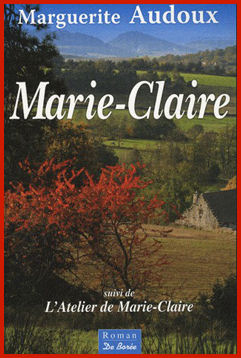
Source: Details can be found in Wikipedia, Candy Candy Manga, Candy Candy Final Story and summarized by few 'Albertfans'
